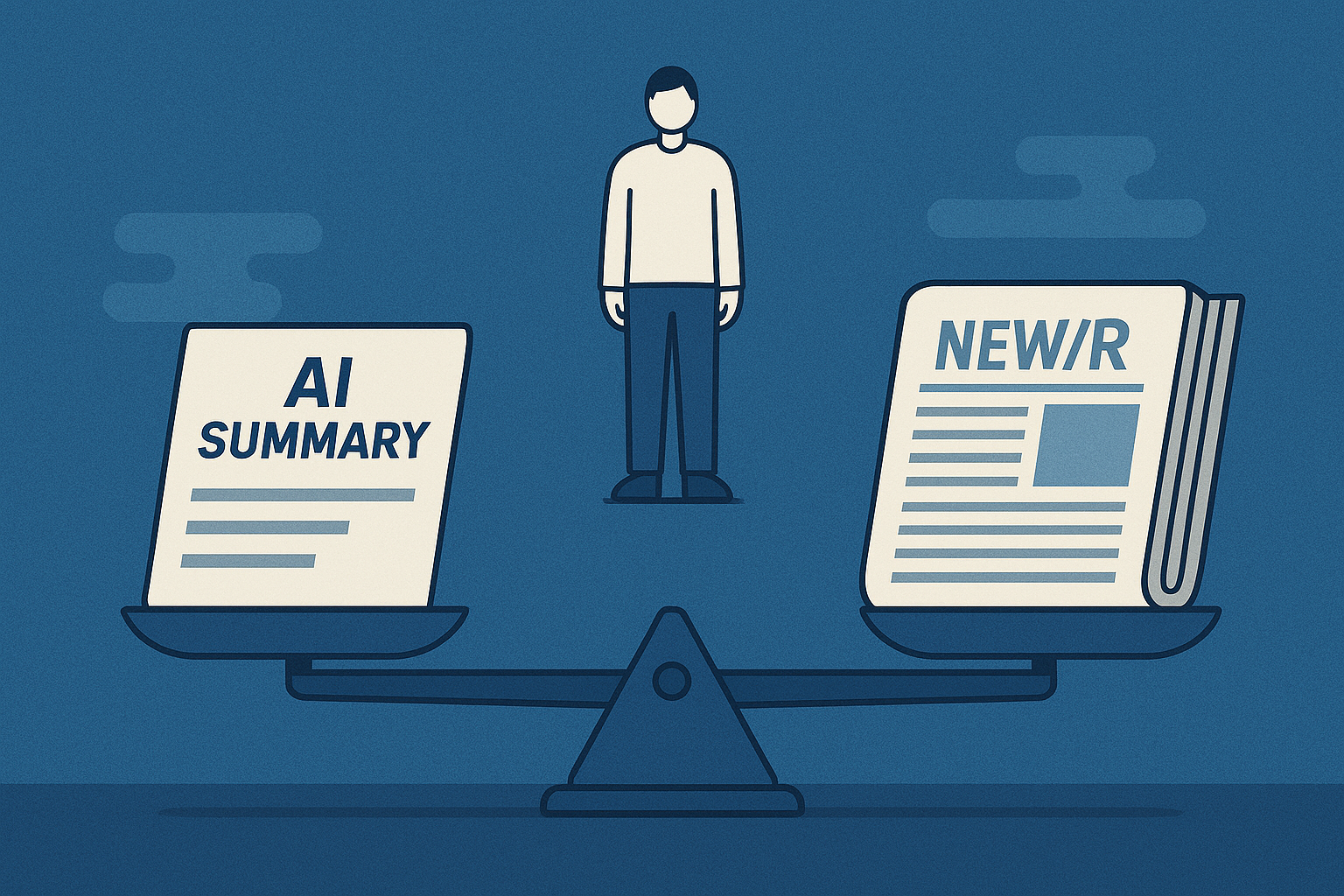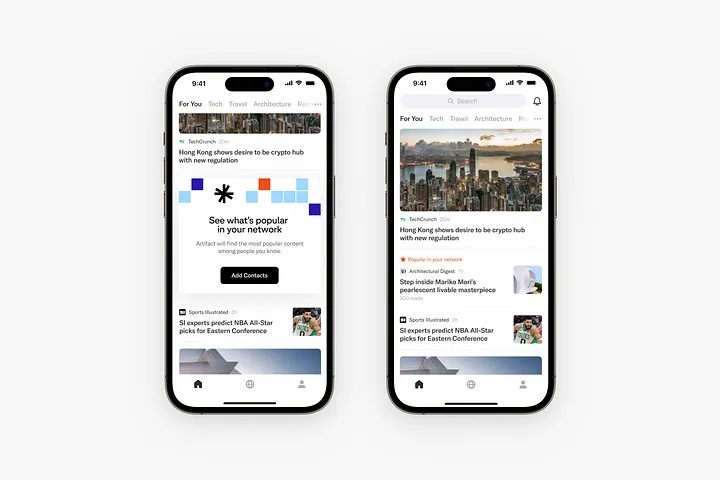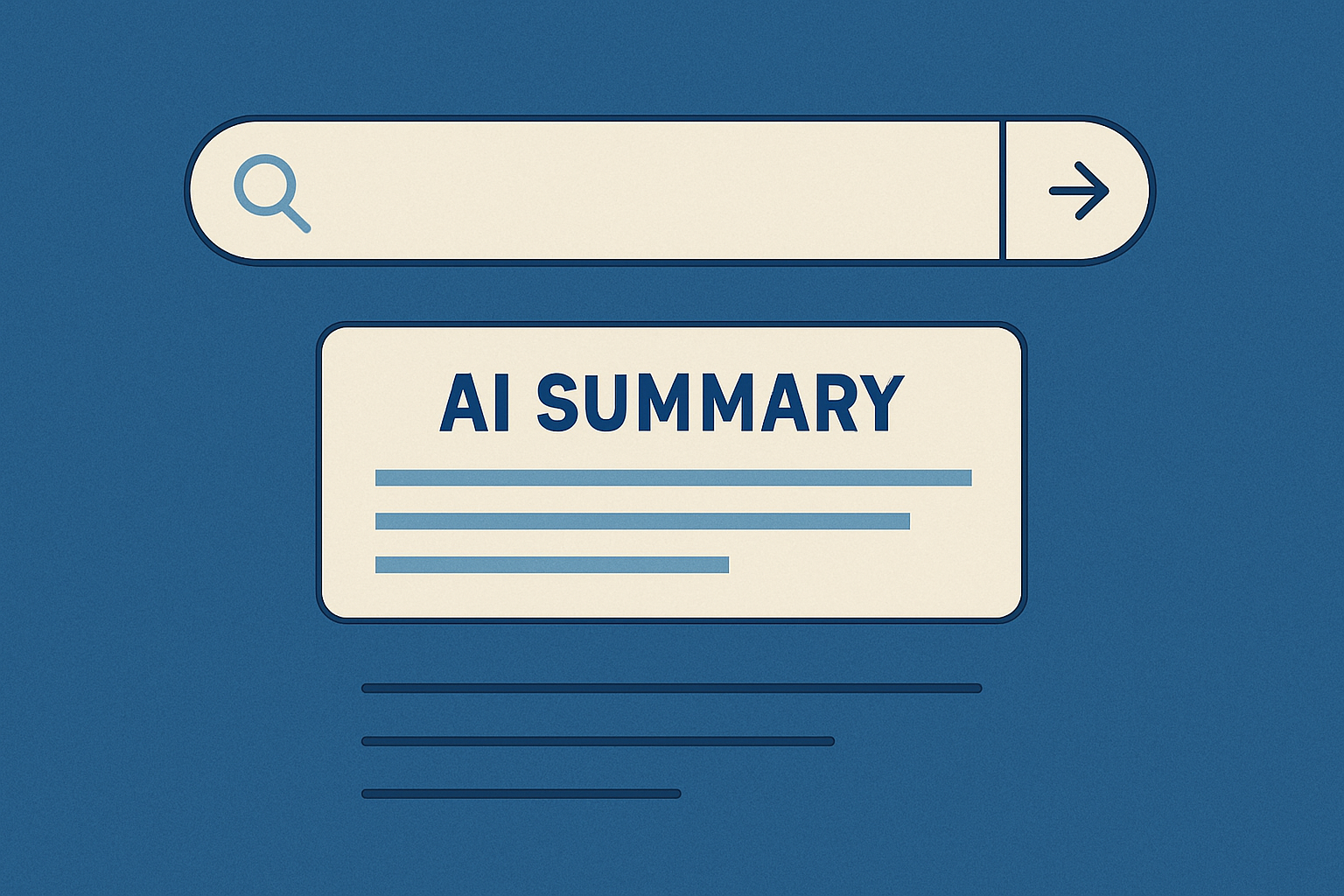The War Over AI News Summaries | 매거진에 참여하세요
The War Over AI News Summaries
#ai #news #summary #core #context #infomation #shortage #problem
Information, Money, and Power Collide
We’re entering an era where news isn’t consumed, but compressed.
Where “What happened?” is answered in five bullet points or fewer.
Where AI models scan thousands of articles not to understand them, but to shrink them.
And in that shrinking, something vital gets lost: context.
News Was Never About Just Facts
Traditional journalism was never about just delivering the “what.”
It’s about connecting the dots — transforming raw facts into a narrative. Who is impacted? Why now? What’s the broader implication?
Journalists sell context.
They sell judgment. But AI news summaries are breaking that chain.
The facts remain, but the frame disappears. Journalism is flattened into pure data. And that’s where things get dangerous.
Because a fact without a frame can be manipulated.
And a frame without a source? That’s how misinformation spreads.
Why AI News Summaries Took Off
LLMs like GPT-4 are exceptionally good at one thing: eliminating redundancy and extracting patterns from massive text corpora.
News, especially mainstream reporting, is filled with repetition. Ten outlets might report the same story using nearly identical phrases.
For AI, it’s the perfect playground.

For Businesses
- Less clicking. When the summary gives the gist, users don’t click the full article.
- More attention. But platforms don’t care — they want dwell time and repeat visits.
- More ad impressions. The faster the info, the more room for ads.
For Users
- Cognitive fatigue is real. Long articles feel overwhelming. AI summaries solve that.
- Anxiety from not knowing? Gone. Even a brief summary can make us feel “informed.”
- It becomes a habit. Once you start scanning summaries, you never go back.
The New Players and Their Battle Plans
Let’s break down the current AI news summarization landscape. Different players, same goal: control the entry point to information.
Service | Identity | Core Strategy | AI Usage | Legal Risk | Sustainability Insight |
|---|---|---|---|---|---|
Perplexity | AI-native search startup | Real-time Q&A replacing Google | Search + Answer Summaries | Low (with links) | Could face legal tension, likely acquisition bait |
Humane AI Pin | Wearable startup | AI assistant that summarizes via voice | On-device summarization | Low | Hardware-focused, not scalable via summary alone |
Artifact | Ex-Instagram founders | Personalized news feed + feedback loop | GPT summarization + recs | Medium | Shutdown proved summaries alone don’t scale |
X (Grok) | Twitter’s new AI bot | Real-time trend summarization | AI chatbot + trend recap | Medium | Good for retention, not great for monetization |
Google SGE | Search giant | Replace search results with summaries | AI-powered SERPs | High | Massive media pushback, but Google has leverage |
Bing Chat | Microsoft | GPT-4-powered search competitor | Chat interface + citations | Low | Technically solid, but loyalty is limited |
Why Most of These Don’t Make Money
Take Artifact — arguably the most hyped AI news app.
With Instagram’s founders behind it and GPT models under the hood, it seemed poised for success. Personalized recommendations. AI-powered summaries. Clean UX.
But in April 2024, just three months after its official launch, it shut down.

Why?
- Because users liked it — but not enough to form a habit.
- Because AI summaries reduce time spent — and that means less ad revenue.
- Because news alone, without viral loops or premium subscriptions, is a tough business.
AI summaries don’t monetize unless paired with deeper utility or ecosystem lock-in.
Copyright, Fair Use, and the Coming Legal Storm
At the heart of this war lies one truth:
AI can’t summarize what it can’t read.
And news articles? They’re not public domain.
Key Fault Lines
- Fair Use vs. Licensing. Perplexity argues it’s legal under fair use. NYT says: pay up.
- APIs and Access Walls. Some publishers are blocking bots and charging for access.
- Law Isn’t Ready. Copyright laws aren’t clear on whether a summary constitutes infringement.
Legal frameworks will need to evolve — fast. Because right now, AI is sprinting ahead while the law lags behind.
Who Loses, Who Wins?

Search Engines
As users rely more on AI summaries, fewer people click search links.
That undercuts the ad model of Google and Bing — unless they reinvent the ad unit inside summaries.
Publishers
AI can summarize breaking news better than most interns.
That devalues general reporting. So publishers will have to double down on:
- Investigations
- Data journalism
- Behind-the-scenes context
- Paid memberships and locked content
Users
- We win — in the short term. Faster news, easier info, no mental fatigue.
- But the risk? We become passive consumers of algorithmic context.
Summaries distort. They drop nuance. Worse, they can amplify bias — especially if the model was trained on biased inputs.
What Comes Next?
Let’s play out a few possible futures:
- Big Tech Buys Newsrooms
As publishers collapse under ad pressure, tech giants may buy them outright. It’s already happening in whispers.- Specialized B2B Summary Tools
For law, medicine, finance — where detail and trust are everything. A niche, but high-value play.- The AI Loop of Death
If original journalism disappears, AI ends up summarizing... other AI summaries. Garbage in, garbage out.
Compare ai related new summary service at bunzee.ai
Quick and easy way to find benchmarking apps.






